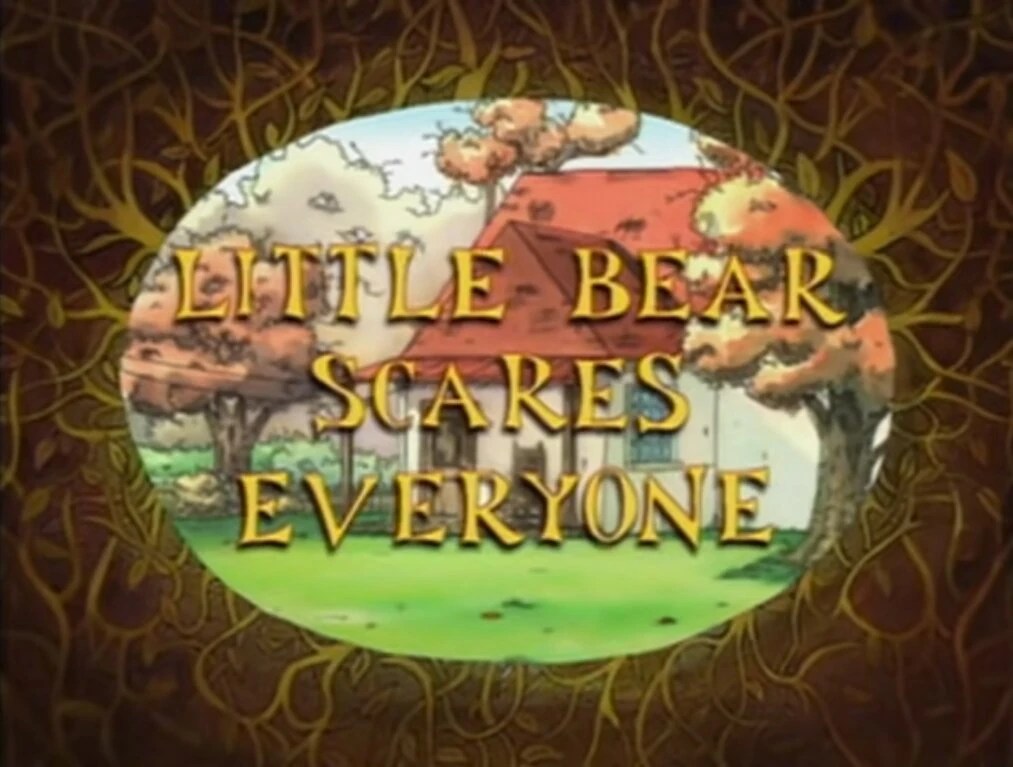Isn’t everyone a little bit weird author – Isn’t Everyone a Little Bit Weird? This thought-provoking question invites us on an introspective journey to explore the intriguing concept of weirdness, its prevalence, and its impact on our lives. As we delve into this topic, we will uncover the fascinating nuances of human behavior, the subjective nature of societal norms, and the potential benefits of embracing our own unique quirks.
From the outset, it is important to acknowledge that the definition of “weird” is fluid and subjective. What may be considered peculiar in one culture or social group may be commonplace in another. However, despite this variability, there are certain behaviors or characteristics that tend to elicit the label of “weird.”
These include nonconformity to social expectations, unconventional interests, and a tendency towards eccentricity.
Define “Weird”

Weirdness, a subjective and elusive concept, has defied precise definition throughout history. It encompasses a vast spectrum of behaviors, characteristics, and ideas that deviate from societal norms. While the term “weird” is often used in a negative or derogatory sense, it can also carry positive connotations, signifying uniqueness, creativity, or nonconformity.
Attempts to define weirdness have yielded a myriad of interpretations. Some scholars have approached it from a psychological perspective, viewing it as a manifestation of personality traits such as introversion, neuroticism, or schizotypy. Others have explored the social dimensions of weirdness, emphasizing its role in social categorization, group dynamics, and the maintenance of social order.
Ultimately, the definition of weirdness remains fluid and context-dependent. What is considered weird in one culture or time period may be commonplace in another. It is a complex and multifaceted phenomenon that defies easy categorization, reflecting the inherent diversity and uniqueness of human behavior.
The Prevalence of Weirdness

Despite its elusive nature, weirdness is a pervasive phenomenon in human societies. Studies have shown that a significant proportion of individuals exhibit traits or behaviors that can be characterized as weird. For example, one study found that approximately 25% of adults in the United States reported experiencing at least one unusual or idiosyncratic belief.
Weirdness can manifest in various forms and degrees. Some individuals may display mild eccentricities, such as peculiar habits or unusual interests. Others may exhibit more extreme behaviors that challenge societal norms, such as hoarding, compulsive rituals, or unconventional dress. The prevalence of weirdness suggests that it is an inherent part of human nature, reflecting the diversity of human experience and the limits of social conformity.
Causes of Weirdness

The causes of weirdness are complex and multifaceted, involving a combination of genetic, environmental, and experiential factors.
Genetic Factors:Studies have shown that certain personality traits associated with weirdness, such as introversion and neuroticism, have a genetic basis. This suggests that genetic factors may play a role in shaping an individual’s susceptibility to weirdness.
Environmental Factors:The environment in which an individual grows up can also influence the development of weirdness. Exposure to unconventional ideas, nonconformist role models, or social isolation can foster an environment that encourages the expression of weirdness.
Experiential Factors:Traumatic or stressful experiences can also contribute to the development of weirdness. Individuals who have experienced abuse, neglect, or social rejection may develop coping mechanisms that are perceived as weird by others.
Social Conditioning and Expectations:Social conditioning and expectations play a significant role in shaping our perceptions of weirdness. Societal norms define what is considered acceptable behavior, and deviations from these norms can be labeled as weird. This social pressure can lead individuals to suppress or hide their weirdness, contributing to a sense of isolation and alienation.
Creativity and Weirdness:There is a growing body of research suggesting a link between creativity and weirdness. Individuals who exhibit unconventional thinking, open-mindedness, and a willingness to explore new ideas may be more likely to engage in weird behaviors.
Embracing Weirdness

Embracing weirdness can have numerous benefits for individuals and society as a whole.
Increased Self-Acceptance:Embracing weirdness allows individuals to accept and value their unique qualities, leading to increased self-acceptance and a stronger sense of self-identity.
Creativity:Weirdness can foster creativity by encouraging individuals to think outside the box and challenge societal norms. Embracing weirdness can provide a fertile ground for new ideas and innovative solutions.
Success and Fulfillment:Numerous examples exist of individuals who have embraced their weirdness and found success or fulfillment in their lives. By staying true to themselves and pursuing their passions, they have made significant contributions to society.
Inclusive and Accepting Environment:Embracing weirdness can help create a more inclusive and accepting society. When individuals feel comfortable expressing their uniqueness, it reduces stigma and promotes understanding among different groups.
Answers to Common Questions: Isn’t Everyone A Little Bit Weird Author
What is the definition of “weird”?
The definition of “weird” is subjective and varies depending on cultural norms. However, it generally refers to behaviors or characteristics that are considered unconventional, unusual, or eccentric.
How common is weirdness?
Research suggests that weirdness is a common human trait. Studies have found that a significant proportion of the population exhibits at least some degree of weirdness, even if it is not always apparent.
What are the causes of weirdness?
The causes of weirdness are complex and multifaceted. They may include genetic factors, environmental influences, and personal experiences.
What are the benefits of embracing weirdness?
Embracing weirdness can lead to increased self-acceptance, creativity, and a sense of belonging. It can also help us to challenge societal norms and express our individuality.